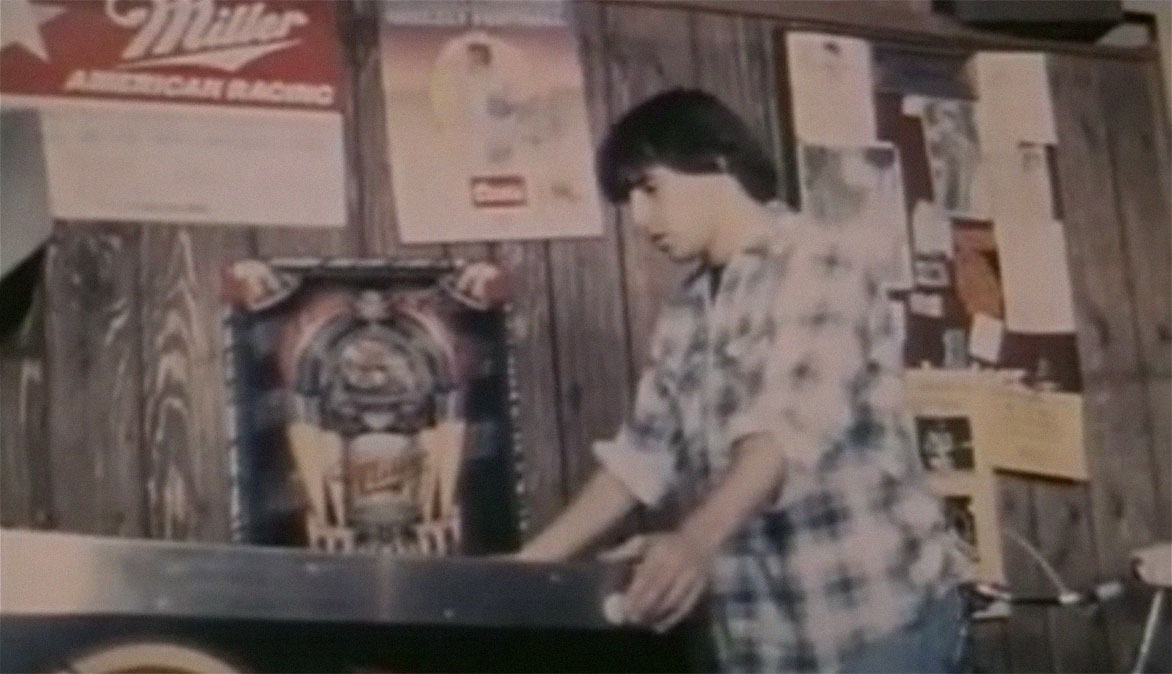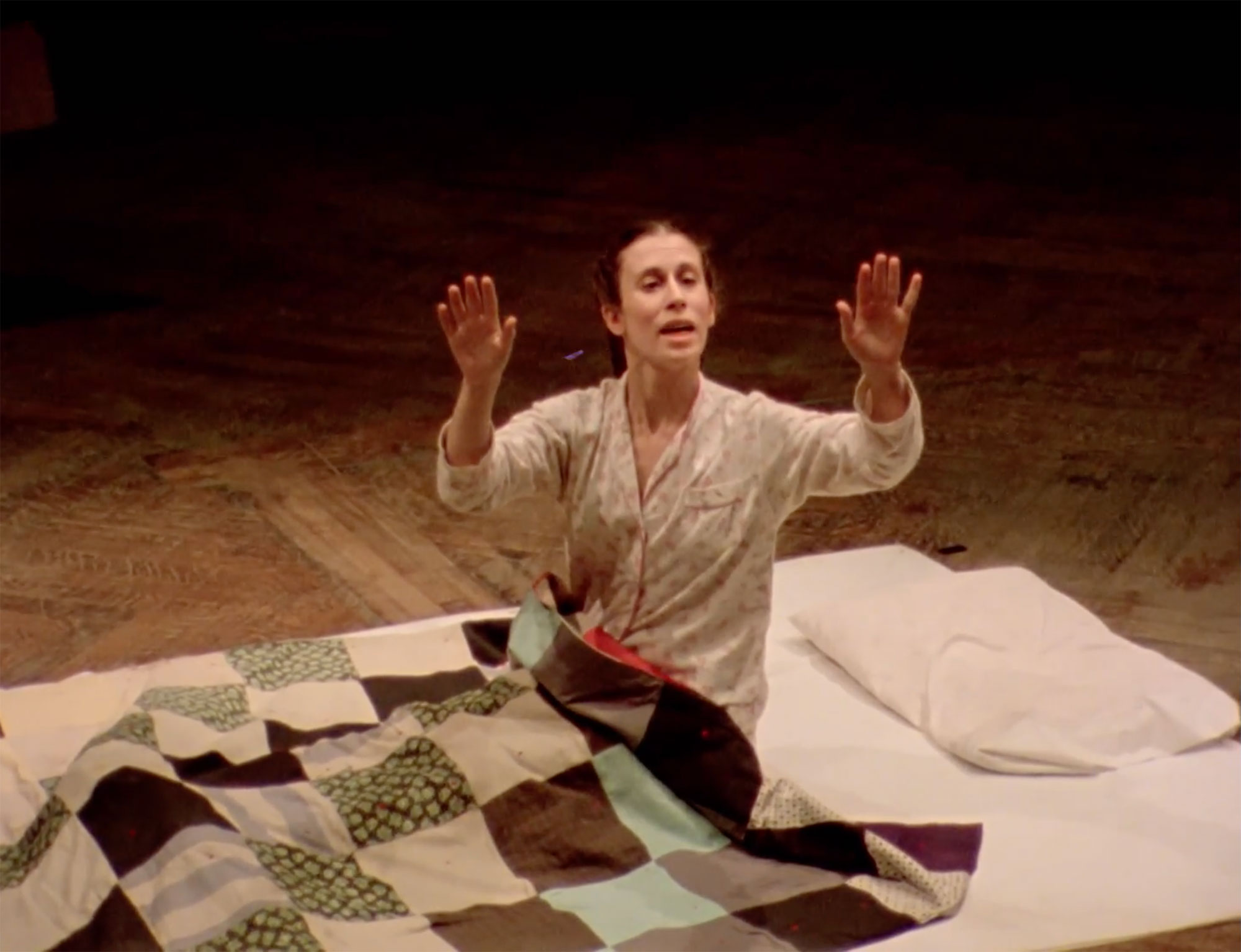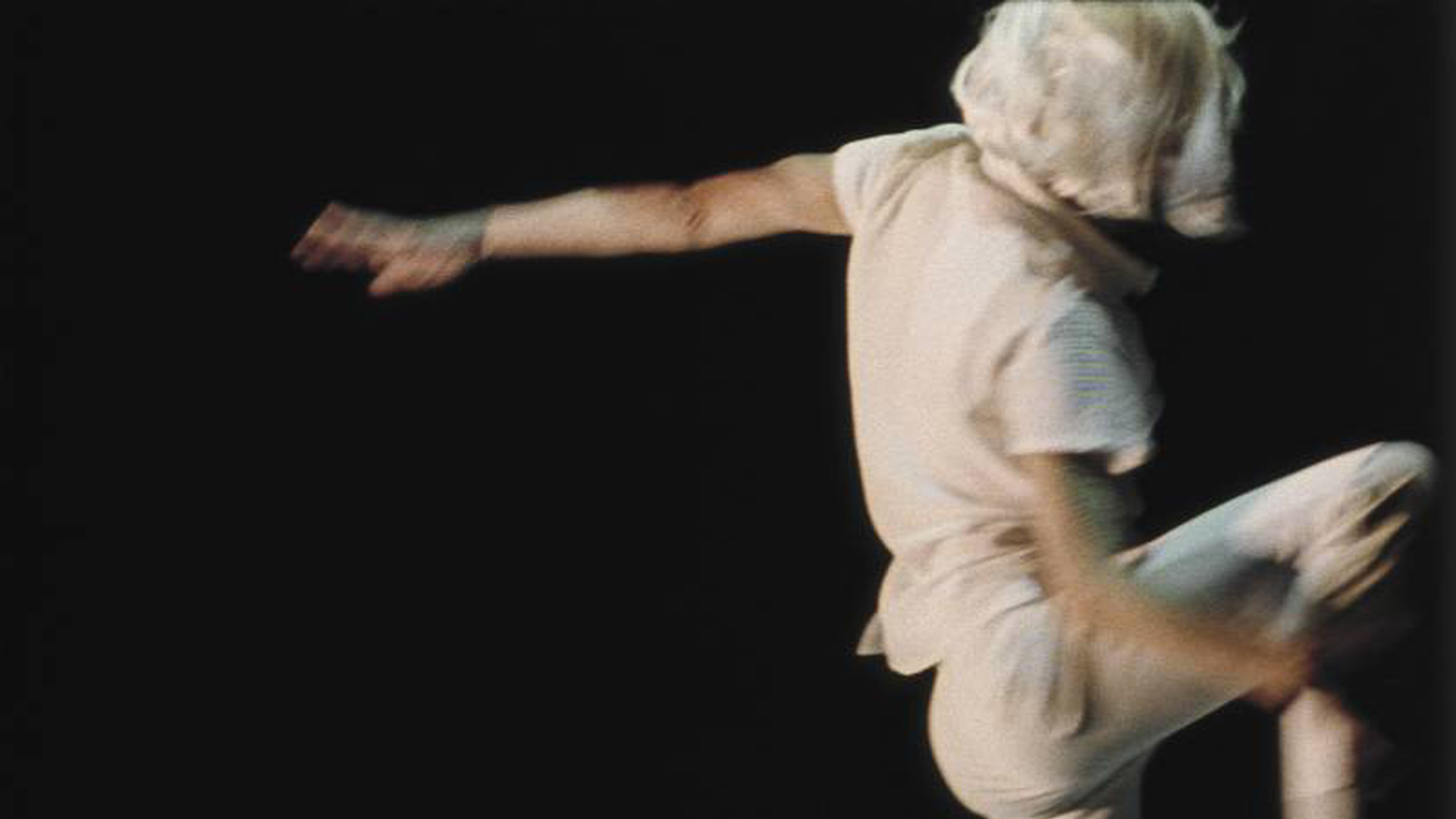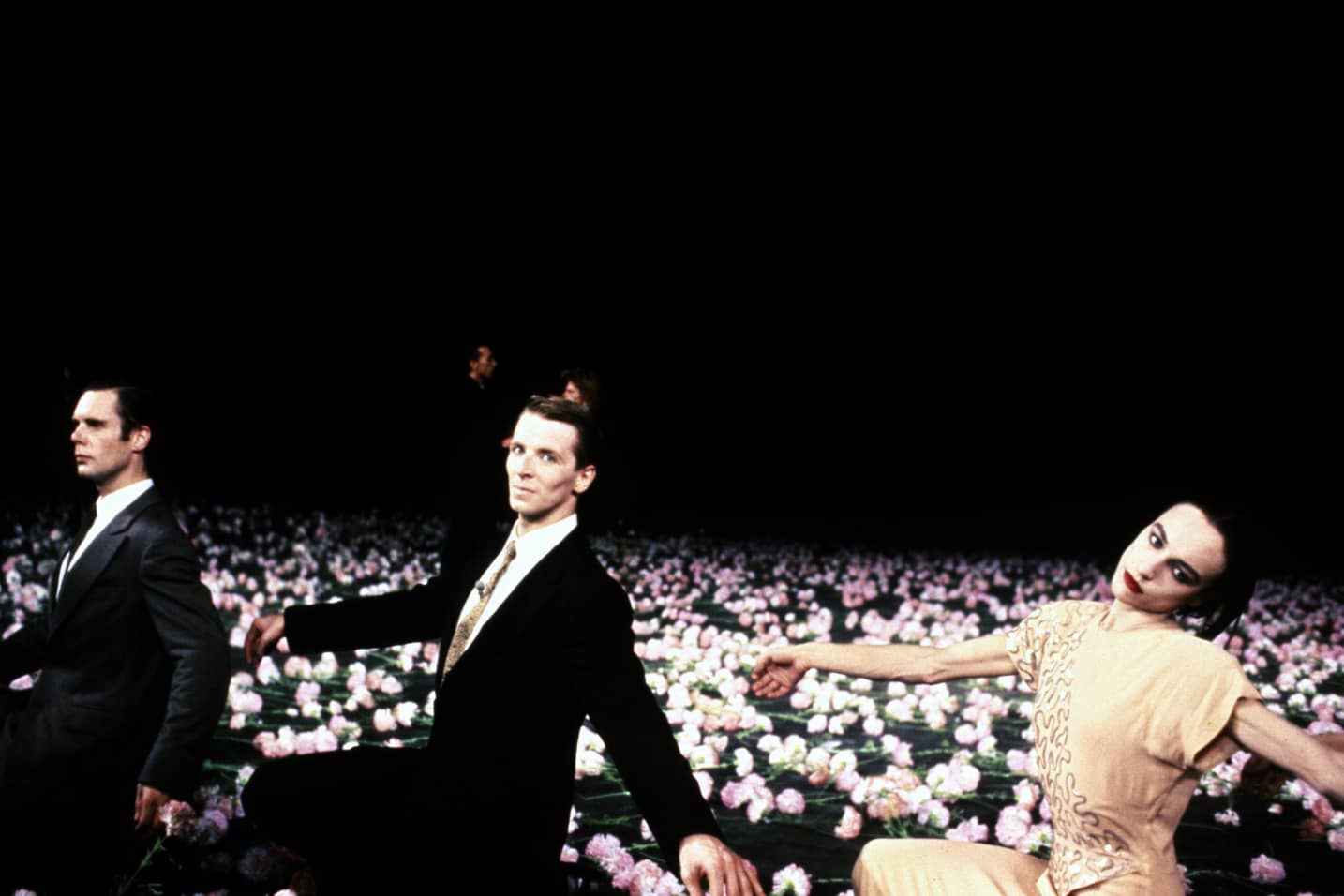
It’s Impossible to Learn …
March 24 · Regal Riviera · 6:00 P.M.
Richard Linklater, 1988, 86 minutes
“With Learn to Plow, Rick created a film that was both extremely realistic and painfully poetic. There wasn’t a false note, and I never felt as if I were watching acting or actors. These were real people and this was real life, and I cared deeply about them and it.” — Monte Hellman
It’s Impossible to Learn to Plow by Reading Books is the debut feature from Austin-based auteur Richard Linklater. Conceived, shot, directed, and edited by Linklater using the barest of resources, the film is a model of self-reliant regional filmmaking. Plow was filmed using a Super-8 film camera and then edited at a public access television station. The total cost of the production: $3,000.
The slight plot, if one can call it that, concerns a young man’s travels from Austin to parts of the Southwest and beyond. Plow finds Linklater already exploring what have come to be the great themes of his work. Aimlessness and travel, the elasticity of time, structural invention — the ideas Linklater returns to in his most popular and critically acclaimed films (from Slacker to the Before trilogy to Boyhood) are all here. It’s a fascinating document of one of America’s major filmmakers finding his voice.
The film’s long shot, long-take approach will be surprising to many fans of School of Rock, Bernie, or Linklater’s other human comedies. Lest anyone think the aesthetic is the result of the film’s low-budget origins, it’s helpful to remember that just three years earlier, Linklater’s Austin Film Society raised money to bring in structuralist experimental filmmaker James Benning as their first out-of-town guest. It’s hard not to see the influence of Benning’s work in Plow‘s rigorous formalism. (Their friendship was later documented in Double Play: James Benning and Richard Linklater, which screened at The Public Cinema in 2015.)
It’s Impossible to Learn to Plow by Reading Books was never given an official release, but Linklater’s career exploded just a few years later when Slacker debuted at the 1991 Sundance Film Festival. Despite commercial success and Oscar nominations, Linklater has remained dedicated to producing films in Austin, and also to supporting regional cinema production through the Austin Film Society. He stands today as Generation X’s Scorsese — a major auteur, champion of film culture, and an artist whose sense of place is inseparable from his work.
Big Ears and The Public Cinema would like to thank Richard Linklater and Detour Filmproduction for making this screening possible.



